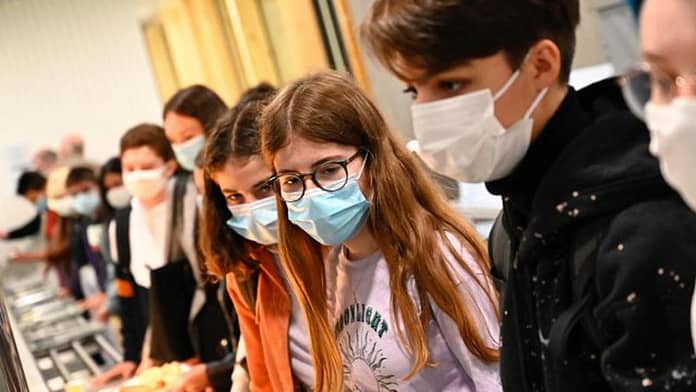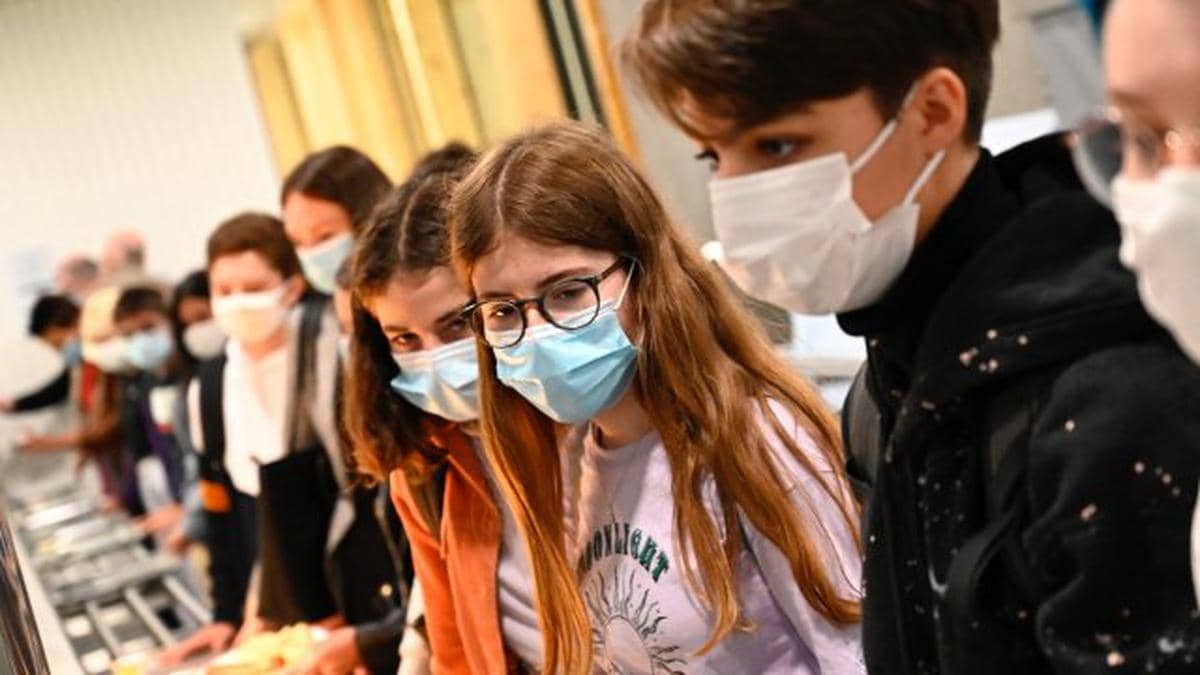The Health Security Agency believes that the use of surgical masks is not toxic. It recommends avoiding graphene-containing FFP2 due to the lack of data on the toxicity of this material.
“ANSES recommends public authorities to prioritize the marketing or provision of masks without graphene,” the Health Security Agency notes after an expert report requested by the Directorate General of Health (which relies on the ministry).
Potential dangers of FFP2 masks
The French authorities had asked in May not to use FFP2 graphene masks, distributed in particular to health professionals. The decision to suspend this has been made pending a risk assessment by ANSES.
Although the available data “do not highlight worrisome exposures”, ANSES considers it “impossible to assess the risks to health”. In fact, he points out, “the lack of information on graphene used by manufacturers and on the toxicity of this material, particularly in the long term.” That is why you think it is best to avoid this type of mask as a precaution.
reassuring results
In addition, in a separate opinion, ANSES considered surgical masks used by the general public. The aim was to assess the potential risks associated with the presence and inhalation or skin contact of chemicals.
This experience gave “reassuring results” if the masks were used according to the instructions (changed every four hours, worn in the correct direction, etc.) “Exposure to the chemicals in the masks does not exceed sanitary limits, for both adults and children ”, according to ANSES.
This “ensures that there is no risk to the health of the population, whether these materials are inhaled or come into contact with the skin,” when the masks are worn properly, explains Céline Dubois, this expertise coordinator at ANSES in the press release.
This expertise was conducted on dozens of references to surgical masks intended for the general public, which were collected by the DGCCRF (Fraud Suppression) in 2020 and then 2021.




